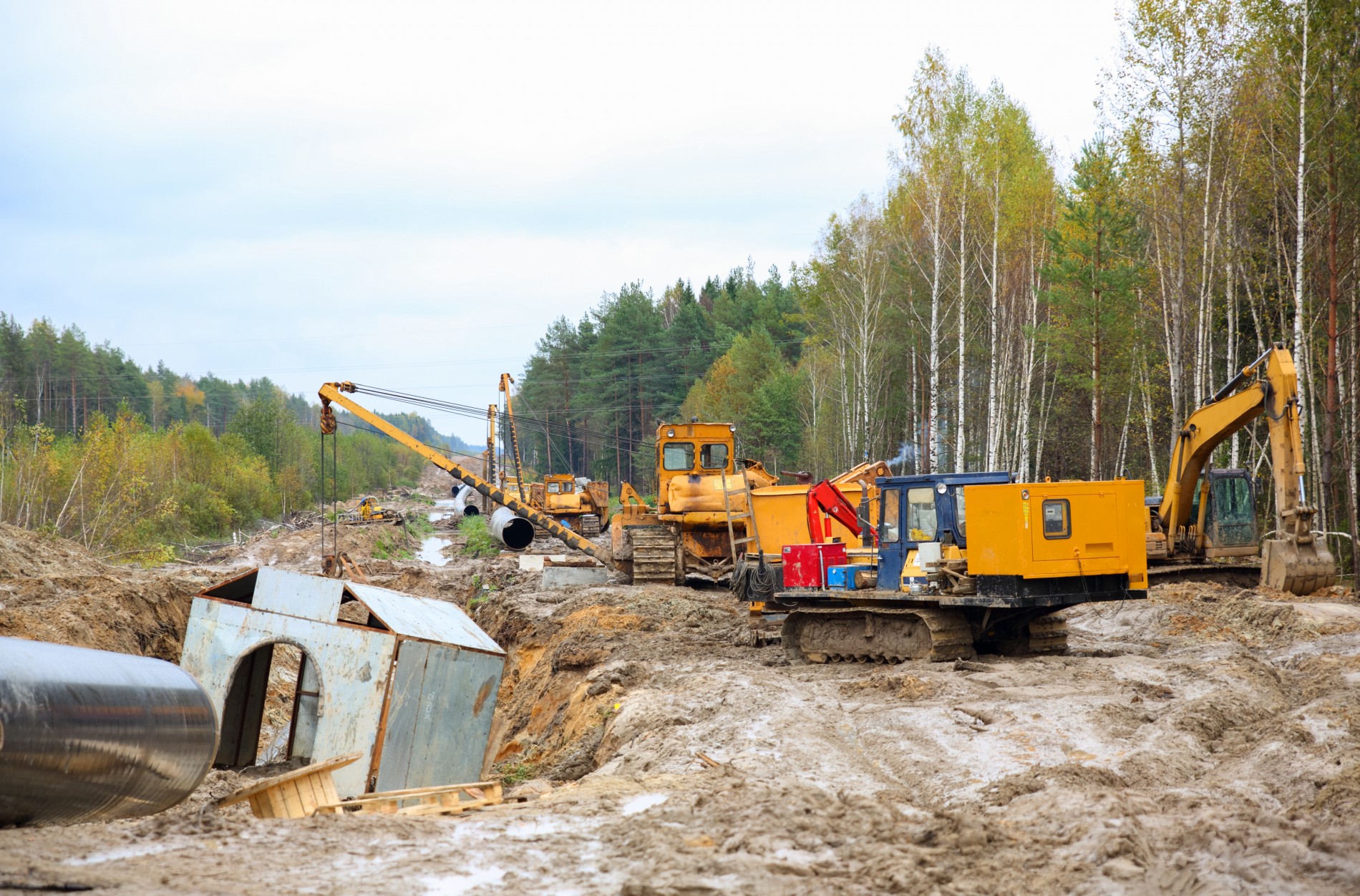The FINAL EIS is out and of course finds no significant impacts from the proposed project.
“We conclude that construction and operation of the Project would result in some limited adverse environmental impacts. However, most of these impacts would be reduced to less-than-significant levels with the implementation of the applicants’ proposed mitigation measures and the additional measures we recommend in this EIS.”
You can read it here
A few months ago while collecting signatures for the Coos County Right to a Sustainable Energy Future Ordinance a pro-gas booster and erstwhile newspaper editor confronted a member of our group.
“This can’t work, it violates the US Commerce Clause,” he pronounced gleefully. “And I’m glad.”
He’s right about one thing, which is the US Commerce Clause is definitely at play here. Why? Because corporations can use the Commerce Clause to override local community decision making power, which is exactly why this ordinance confronts not only non-sustainable energy projects like the LNG pipeline and terminal proposal for Jordan Cove, but the US Constitution itself.
Sustainability means providing for the needs of the present without robbing from future generations, something the SDAT (Sustainable Design Assessment Team) tried to address in its final report. The SDAT report was well received by the public but largely ignored by the same community leaders that have supported past boom and bust boondoggles and are now promoting 19th century fossil-fuel technology as the county’s economic savior.
Due in no small part to the Commerce Clause sustainability is illegal in the US because under our current system of law communities cannot say NO to unwanted and non-sustainable development like the Jordan Cove LNG project and the Pacific Connector Gas Pipeline.
The consequences are profound. From Veresen and its scheme to export fracked gas from the Rockies to Asia to Weyerhaeuser which shut down a profitable paper mill idling hundreds of local workers, it is the boards of directors of foreign corporations, not the people who live here in Coos County that are deciding the fate of future generations.
So how do we confront the reality that we don’t make the critical decision where we live? Well, when it comes to the pipeline and export terminal, Anti-LNG activists are encouraged to contact the “decision makers”, the latest effort consisting of pleading to Governor Brown to reject Jordan Cove LNG, as if she actually has plenary power to do so. She doesn’t, and even if the governor did this wouldn’t be any more of a democratic way to settle the matter than leaving it to the corporations or regulatory agencies.
We need to own that the legitimate decision makers should be the communities that must live with the consequences regarding non-sustainable projects or, heaven forbid, the benefits of making wise decisions about how we live here today and for those future generations.
To further protect our legitimate right of local community self-government against unwanted and unsustainable corporate projects, a statewide citizen initiative to amend the Oregon Constitution is underway. The amendment is largely about legalizing sustainability by empowering communities to prohibit development that violates the fundamental rights of its citizens. It’s about putting the people in the driver’s seat, not corporations nor the state.
Over 200 communities across the nation, including Pittsburgh, Pennsylvania have chosen to be decision makers. Whole counties, townships, municipalities have asserted the right of local community self-government and passed ordinances establishing a bill of rights that enable them to prohibit non-sustainable corporate practices like factory farms and hydraulic fracturing on the grounds that these practices violate fundamental rights to clean air and water.
For those like the former editor above who dismiss the validity of the community rights movement consider these words from an article in Energy New Mexico, a publication of the Independent Petroleum Association, “…this issue is the beginning of a social movement that is greater than just the oil and gas industry, it is a potential game changer for all of corporate America.”
The statewide initiative recognizes that “… all power is inherent in the people, and all free governments are founded on their authority, and instituted for their peace, safety, and happiness, and the people have at all times the right to alter, reform or abolish their government should it become destructive to their fundamental rights or well-being, therefore the people have an inalienable and fundamental right of local community self-government, in each county, city, town, or other municipality.”
Future generations in Coos County have a fundamental and unalienable right to a sustainable economy and energy future. On October 6, beginning at 7PM at the Egyptian Theater, Thomas Linzey, co-founder of the Community Environmental Legal Defense Fund will be speaking about how communities are legalizing sustainability and standing up to corporations, the US Commerce Clause, their own state government and prohibiting non-sustainable development using the force of law.
If you haven’t already signed the petition to put the Coos County Right to a Sustainable Energy Future Ordinance on the May 2016 ballot, do so now by going to cooscommons.org/ordinance.

